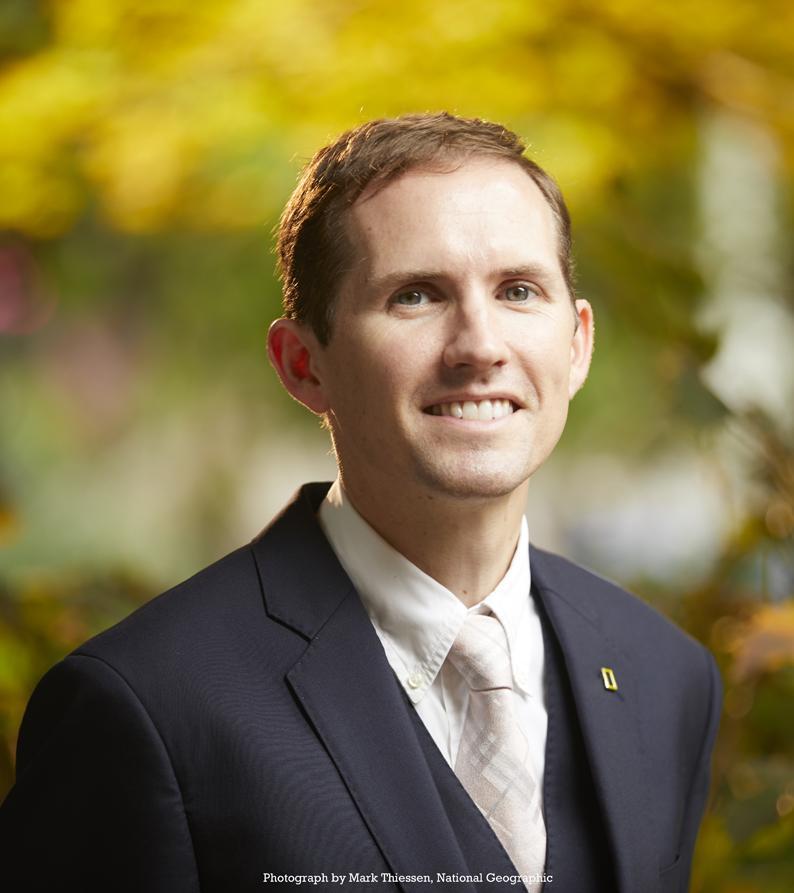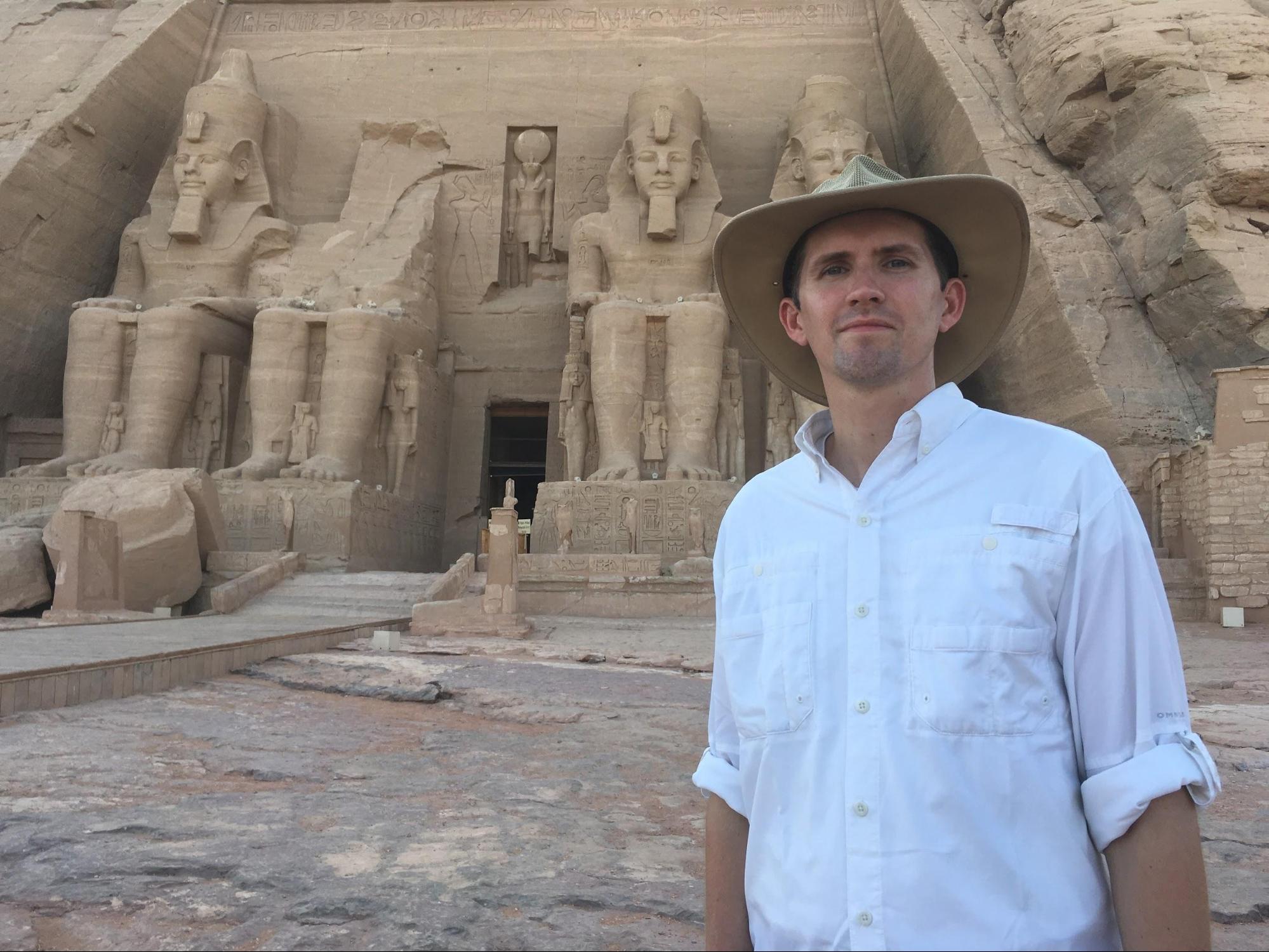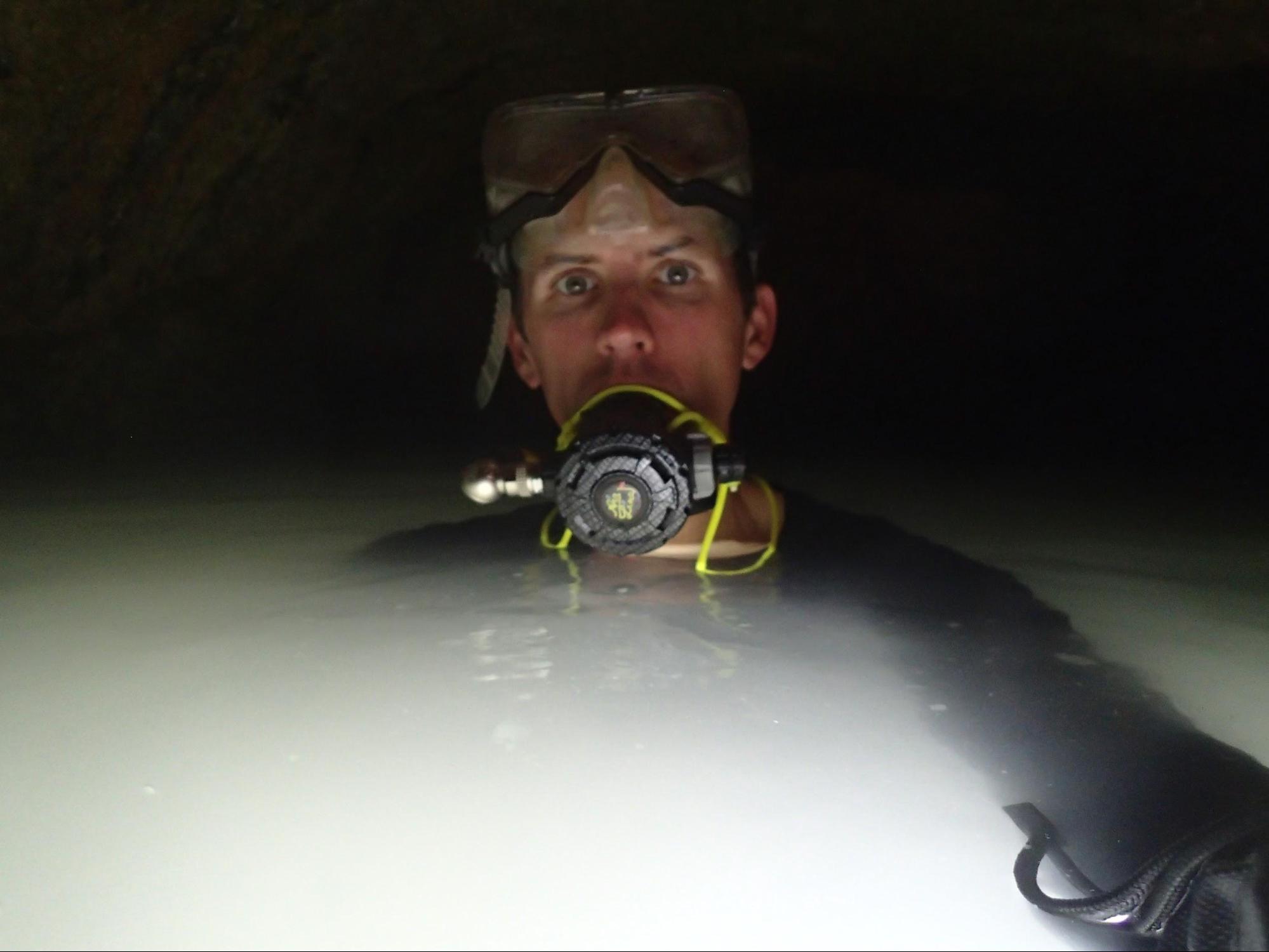With their reliance on the Nile, oases, and seas, it should come as no surprise that the ancient inhabitants of Egypt incorporated the life-sustaining waters in their material and spiritual worlds. Indeed, ancient Egyptian, Greek, and Roman ingenuity often circumvented natural geological barriers, resulting in the redirection of these bodies of water, if only partial or temporary (e.g., for irrigation, military transport). Diverse archaeological and historical investigations of maritime interaction during Egypt’s ancient periods abound. This presentation provides a brief history and review of the field of study, discussing topics as diverse as early dynastic (ca. 3000 BC) boat burials found on land at Abydos, Ramesside (ca. 1200 BC) tax levies on imported ship cargoes, and underwater excavations of the Ptolemaic (ca. 300 BC) harbor at Alexandria and identifies possible avenues for future work.
Speaker Bio
 Pearce Paul Creasman, PhD, is an archaeologist and director of the American Center of Oriental Research. Having worked along the Nile River for nearly twenty years, his current excavations are at the pyramids and royal necropolis of Nuri, Sudan: part of a UNESCO World Heritage Site that served as the cemetery for more than eighty Kushite kings and queens, including the biblical pharaoh Taharqa. As a result of human interventions and climate change, the tombs of the kings underneath their pyramids are now submerged, necessitating underwater excavation. Previously a professor at the University of Arizona, where he remains as affiliated faculty, Pearce Paul is author or co-author of 100 scholarly articles and eight edited volumes, including Pharaoh’s Land and Beyond: Ancient Egypt and Its Neighbors (Oxford University Press 2017). His work has been formally recognized by The White House’s Office of Science & Technology Policy, the National Geographic Society, and others, and, as a result, he has been made a fellow of such organizations as the Explorer’s Club, the Royal Geographical Society, and the Linnean Society.
Pearce Paul Creasman, PhD, is an archaeologist and director of the American Center of Oriental Research. Having worked along the Nile River for nearly twenty years, his current excavations are at the pyramids and royal necropolis of Nuri, Sudan: part of a UNESCO World Heritage Site that served as the cemetery for more than eighty Kushite kings and queens, including the biblical pharaoh Taharqa. As a result of human interventions and climate change, the tombs of the kings underneath their pyramids are now submerged, necessitating underwater excavation. Previously a professor at the University of Arizona, where he remains as affiliated faculty, Pearce Paul is author or co-author of 100 scholarly articles and eight edited volumes, including Pharaoh’s Land and Beyond: Ancient Egypt and Its Neighbors (Oxford University Press 2017). His work has been formally recognized by The White House’s Office of Science & Technology Policy, the National Geographic Society, and others, and, as a result, he has been made a fellow of such organizations as the Explorer’s Club, the Royal Geographical Society, and the Linnean Society.


